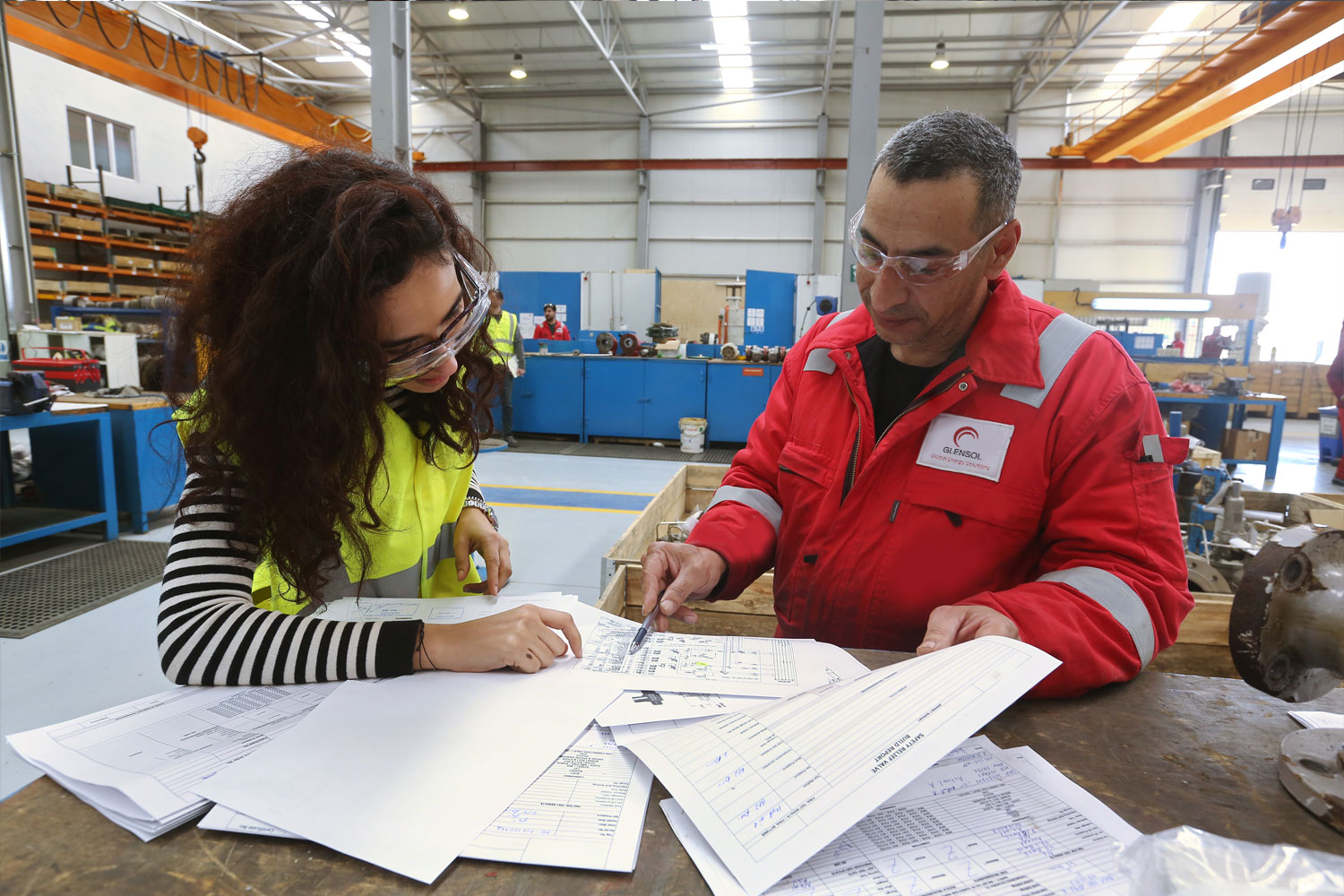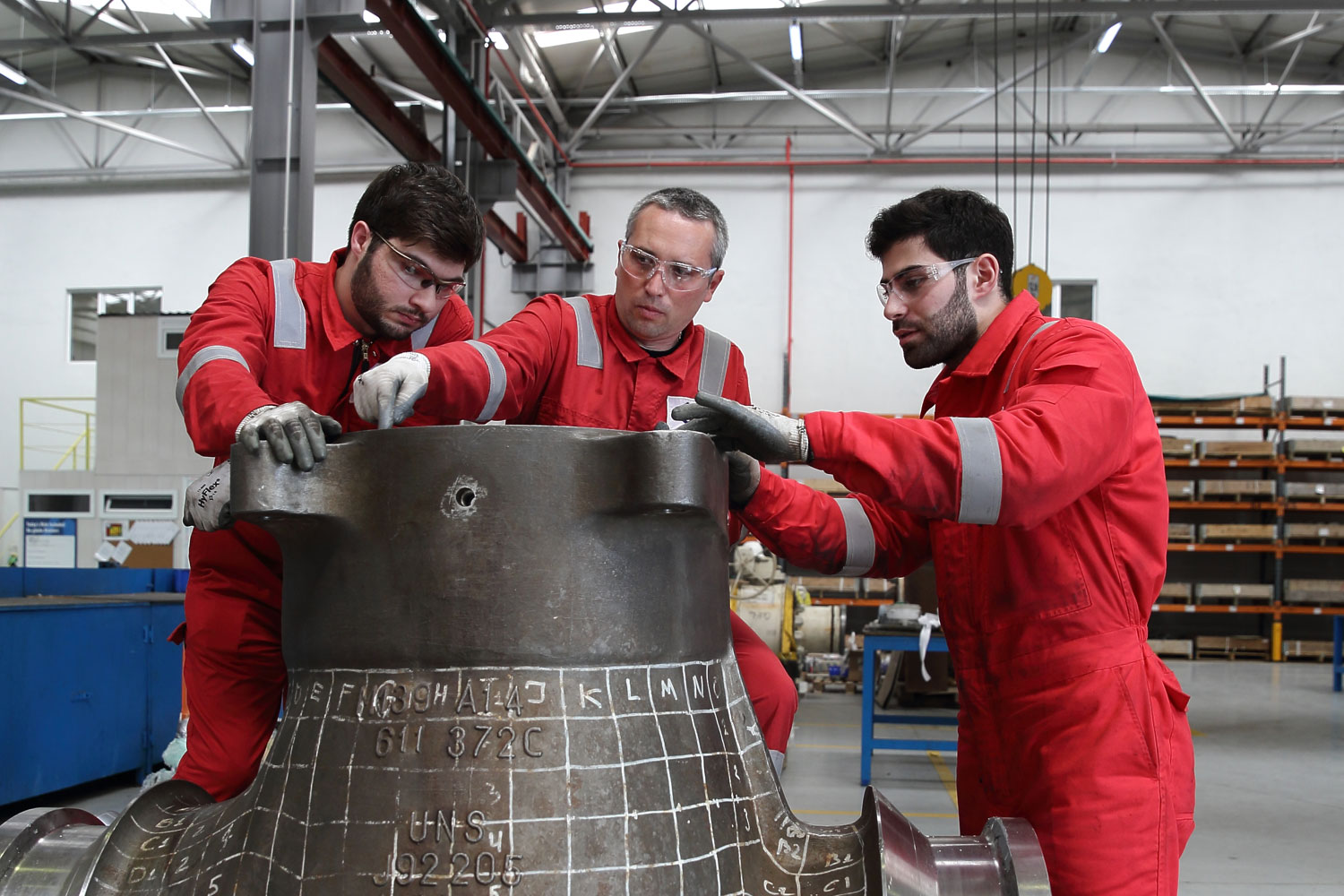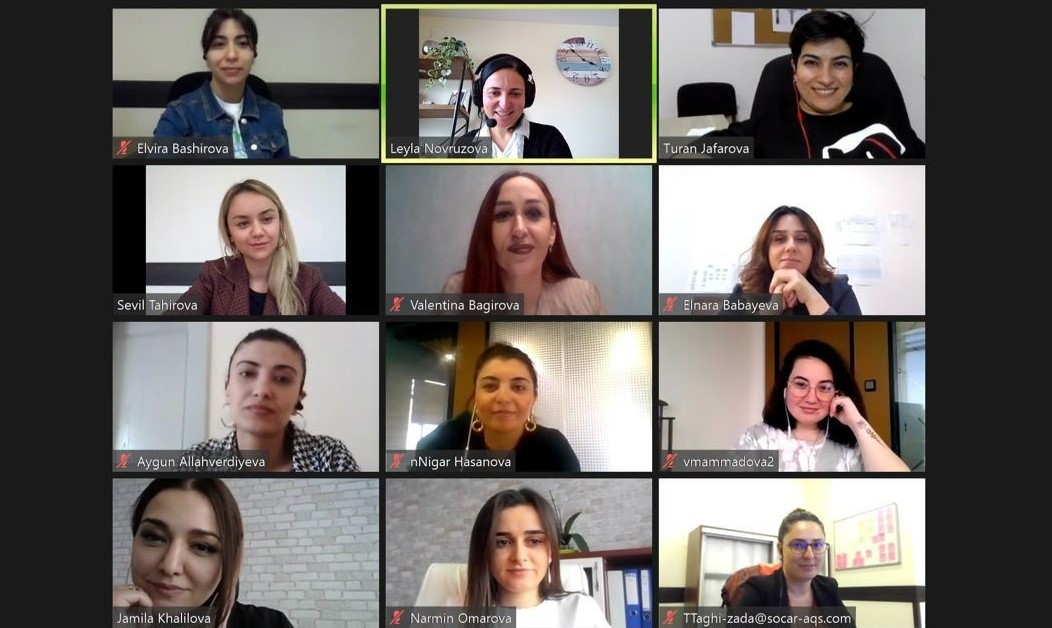How to answer top 15 interview questions
You would hit the ground if you knew exactly what a hiring manager would be asking you in a job interview. While it is almost impossible to know this, we offer you 15 most commonly asked interview questions and the most relevant answers to them.Our recommendation is to spend some time getting comfortable with what you might be asked. We aim to help you demonstrate that you’re the right person for the job.1. Can you tell us a little about yourself?Since this question seems simple many people fail to prepare for it, but it is vital. Here’s the hint: Don’t just give your complete employment or personal history. Tell your brief and compelling story that will show why you’re the right fit for the job. Begin with couple of specific accomplishments or experiences that would most impress the interviewer then finish off talking about how that previous experience has positioned you for this specific job.2. How did you learn about the position?This is another seemingly innocent question. However, it is a great opportunity to stand out and demonstrate your passion for the company. Hint: if you found out about the job through your friend or professional contact, name drop that person. Also tell why you were so excited about it. If you learned about the job through an event or article, share that and explain what made you apply to the role.3. What do you know about the company?Through this question they want to know whether you care about the company. Hint: So start off with one line that shows you understand the company’s goals, embellishing it with a couple of key words and phrases from the website. Don’t literally repeat company mission and statement, try to make it personal. Say, “I personally believe in this approach because…” and then share couple other personal examples.4. Why do you want this job?You need to have a great answer about why you want the position. It’s a must. Here is the hint: Identify a couple of key factors that make the role a great fit for you. Say, “I love negotiations because I adore the constant human interaction and the satisfaction that comes from landing a desired outcome. You can also share why you love the company and say, “I’ve always been passionate about helping communities, and I think your company is doing great things, so I want to be a part of this journey.”5. Why should we hire you?This question offers a great opportunity for you to sell yourself and your skills to the hiring manager. Your job here is to furnish an answer that covers three areas: 1. You can not only do the work, you can deliver great results; 2. You’ll best fit in with the team and culture; 3. You’d be a better hire than any of the other candidates.6. What are your greatest professional strengths?According to interview coaches you need to be accurate, relevant and specific while answering this question. You need to share your true strengths, talk about your strengths that are most related to the particular position, and share specific strengths, such as negotiation skills, relationship building. But make sure following up with examples of how you’ve demonstrated these features in your professional life.7. What do you consider to be your weaknesses?Don’t try to kid an interviewer while responding to this seemingly cliché question. They are trying to understand your self-awareness and honesty. Tell them something that you struggle with but you’re working hard to improve. Say, “I have never been strong at public speaking, but I’m recently volunteered to facilitate meetings to be more comfortable when addressing a crowd.8. Tell me about a challenge you’ve faced at work, and how you dealt with it.Here your interviewer wants to get a sense of how you will respond to conflict. You can seem nice in a job interview, but what will happen if you’re hired and someone in ethics and compliance team starts getting in your face? You’ll need to focus on how you handled a conflict situation professionally and productively, and telling how you came to a resolution or compromise.9. What’s your dream job?In asking this question the interviewer wants to uncover whether this job is really in line with your ultimate career goals. So it would be better to talk about your goals and ambitions and explain why this job will get you closer to them.10. What are you after in a new position?To better handle this interview question, you will need to tell the same things that this position has to offer. But be specific in your response.11. What type of work environment do you prefer?The ideal answer would be referring to the one that’s similar to the environment of the company you’re applying to. Again be specific.12. Why was there a gap in your employment?If there is a gap in your employment history, be straight in your answer and direct the conversation toward how you will do the job and contribute to the organization. Say, I decided to take a break at the time, but today I’m ready to contribute to this organization in the following ways. Try to suggest specific help referring to the job description.13. What are your salary requirements?If you’ve made it to this question that might mean the company is interested in you. Before answering this question you should be doing your research on what you should be paid by using sites like Glassdoor. We recommend stating the highest number in that range that applies, based on your experience, education, and skills. You’ll also need to make sure the hiring manager knows that you’re flexible. Your position is that you know your skills are valuable, but that you want the job and are willing to negotiate.14. What do you like to do after hours?Here, an interviewer wants to “see if candidates will fit in with the company culture and give them the opportunity to open up and display their personality, as well. Try to keep it semi-professional, so: Telling them you like hanging out with your friends in a local tea-house after playing with them indoor soccer is absolutely fine.15. Do you have any questions for us?You probably already know that an interview is a great platform for candidates to get firsthand information about the employer. However, instead of asking cliché questions like what does the position offer? Or what is the main deliverables of the department, ask questions targeted to the interviewer. For example, say, “what is your favorite part about working here? Or something along these lines, “what can you tell me about your new products or plans for growth?”








